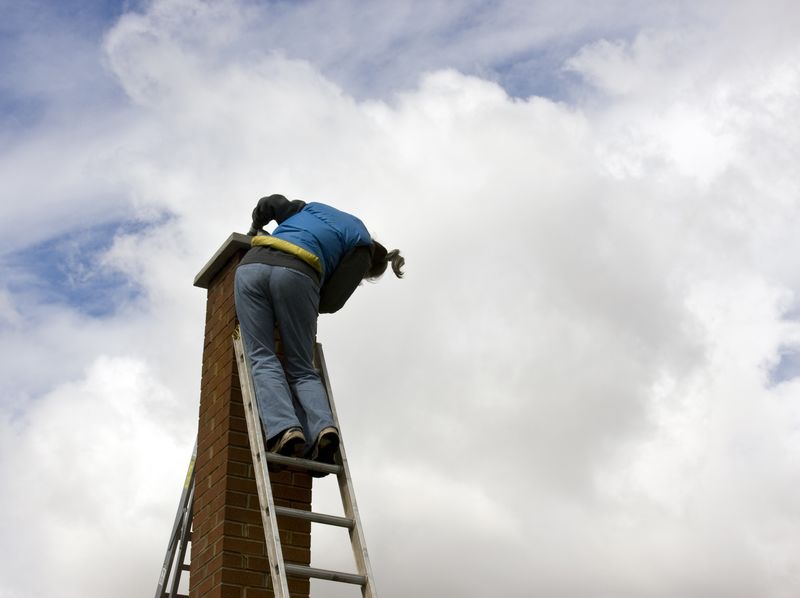Inspection Facts You Need to Know
During tough weather conditions like winter, the chimney gets exposed to fumes, snow, heat, and dust particles that collect inside. These elements can lead to chimney malfunction, causing a fire.

- A Chimney Should Be Inspected at Least Once a Year
The main job of a chimney is to eliminate soot, creosote, and blockages from the smoker chamber, chimney liner, or firebox. This means that if you keep your chimney clean, it will operate optimally at all times. Based on the recommendations by the Chimney Safety Institute of America, you need to inspect the chimney before purchasing a house and at least once a year later on. Even if you rarely use the stove or fireplace, it is still a good idea to have it inspected every year. Do not attempt to save on inspection costs because a chimney fire can end up causing more damage to your home, which will cost you more money.
- There are Three Main Levels of Chimney Inspection
According to the National Fire Protection Association, a chimney inspection is categorized into three main levels.
The first level entails a general examination of the overall structure of the chimney. This part of the process entails checking the flue liner, interior walls, joints, and chimney crown. This is an important level because it helps identify soot and any points of obstruction, which may increase the risk of fire. The second level entails inspecting the chimney, which is important when the house is being sold or if there is structural damage to the chimney due to a fire, tornado, or earthquake. Your inspector will use special tools to assess instances of structural weakness. The third level entails eliminating parts of the chimney to see inner damage.
- A Chimney Inspector Checks for Defects in the Chimney
The work of a chimney inspector is to check for any faults in your chimney. They do a thorough and careful inspection then alert you in case of any defects in the flue or firebox. They also check for excess buildup of creosote or blockages. In addition to that, they analyze the chimney’s stability, cracks, leaks, and the overall status of the structure.
- The Quality of Your Chimney Inspector is Important
The chimney is an important part of your house. It is expensive to build and that is why you want to hire a professional to handle it and check for defects. You do not want to hire anyone, especially those that offer chimney sweeps only because they have minimal information regarding the way chimneys operate. Therefore, they will not be in a good situation to do a proper inspection of your chimney. The main goal of a chimney sweep is to clean the soot but not to inspect the chimney.
The Chimney Institute of America or the National Fireplace Institute are bodies that certify chimney inspectors. If you are hiring a chimney inspector, make sure that they are certified by these two organizations. To know that your inspector is qualified, simply ask for their credentials, references, and proof of insurance. You can even ask the local chimney institute for referrals to the best chimney inspectors.
Chimney inspection entails analyzing your chimney and checking for any faults and defects. This task should be left to the professionals because it is not only risky, but also experts have the needed experience to tell whether your chimney is operating optimally. This article has provided you with some chimney inspection facts to help you hire out the best inspector and gain some slight understanding regarding chimney inspection. You should hence be properly advised.
